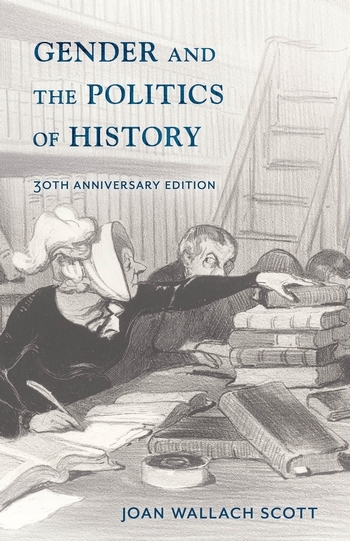Sharing intelligence with Pakistan — A post by James I. Walsh
Every so often, we like to feature blogs maintained by Columbia University Press authors. Today, we look at Back Channels, a blog by James I. Walsh, author of The International Politics of Intelligence Sharing.
As Walsh describes it, he uses the blog to “write about how social scientists analyze bad things such as terrorism, political violence, and human rights abuses.” In his most recent post Intelligence Sharing with Pakistan: What It Might Look Like, Walsh examines how the interests of the United States and Pakistan both complement and contradict each other when it comes to stamping out Al Qaeda and the Taliban.
Drawing on his book, Walsh suggests that finding an arrangement that would allow the U.S. and Pakistan to work together, something Obama and his administration surely hope can be achieved, might prove difficult because of U.S. concerns. Walsh writes:
Neither country [Pakistan or the United States] can trust the other to take actions that protect the long-run objectives of the other. But neither country can achieve its objectives without cooperation from the other. Is there a solution to this dilemma? In The International Politics of Intelligence Sharing, I suggest that countries can successfully cooperate in such situations. They do so by creating a hierarchical intelligence sharing agreement, in which the more powerful state quietly directs and supervises many of the intelligence activities of the subordinate. This allows more powerful state to ensure that the subordinate is acting in a way consistent with its interests. In return, the more powerful country offers the subordinate much closer intelligence, economic, military, cooperation. The United States used such hierarchies with some success in cases as diverse West Germany during the Cold War, South Vietnam in the early 1970s, and some countries in the Middle East since 9/11.
Could a hierarchy enable more intelligence sharing between the US and Pakistan? Probably not, and the reason why will surprise many Westerners who see Pakistan as an untrustworthy partner in countering terrorism. For a hierarchy to work for both partners, the more powerful country–here the United States–has to be able to credibly promise to protect its subordinate–here Pakistan–from internal and external foes. Pakistan is unlikely to gamble that the US would live up to such a commitment. The US has too many reasons to reduce its footprint in the region as soon as it makes any progress in stamping out Al Qaeda, and likely lacks the willingness to heavily support the Pakistani regime over the long-term. So throwing its lot in with the US is a risky gamble for Pakistan, which feels it may be better off steering a more independent course.




